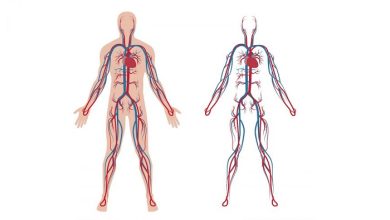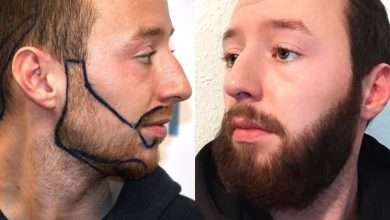A Health Checklist for Keeping Your Child Healthy and Well-Being

Introduction
As a parent, you want to make sure your child stays healthy. One of the best ways to do this is by setting up regular checkups with his doctor. But there are also some other important things to remember when it comes to ensuring your little one stays healthy and happy.
Dental Check Up
It’s important to get your child’s teeth professionally cleaned, even if they don’t have any cavities. The dentist can check for signs of tooth decay or gum disease, which could lead to more serious problems down the line look at Canning Vale dental. They’ll also be able to tell you if your child needs any work done on their teeth, so that they can prevent any problems from getting worse.
If your child has a particularly high risk of developing oral cancer–if they’ve had radiation therapy for another illness or condition as an infant, have Down syndrome, or have certain genetic syndromes like hemophilia–it’s especially important that they get regular dental checkups starting at age one and continuing throughout childhood and into adulthood. These screenings will help identify any early signs of the disease so doctors can take steps toward treating them before it progresses too far along its course!
Foot Health Check Up
As a parent, it is important to understand the importance of foot health. If you have children or plan on having children in the future, then you should be aware of how to check their feet for signs of injury or illness. You should check their feet at least once a week and look out for cuts, blisters, and redness around the toes or nails.
If you see any kind of problem with your child’s feet then it is best to take them to see childrens podiatrist right away so they can get treatment as soon as possible before any long-term damage occurs
Help your child learn to take responsibility for his health
- Give them a healthy diet and make sure they exercise regularly toonily.
- Help them get enough sleep every night, even if it means curtailing their screen time before bedtime or installing blackout curtains in their room so they can sleep in the dark (and not be woken up by lights).
- Teach them how to brush their teeth properly, which includes washing out their mouth after brushing if necessary (to remove lingering food particles) and flossing once per day at least twice per week (if possible).
Find ways to make the regular physical activity fun
- Find ways to make the regular physical activity fun.
- Children are more likely to be active and enjoy physical activity if they do it with friends, family members, or other kids they like. It’s also important that parents encourage their children to get involved in sports and other physical activities that they enjoy.
- Set aside time each day for exercise with your child–even if it’s just a few minutes before bedtime! Even just walking around the block together can help boost your child’s mood and energy levels throughout the day.
Eye Exam
As part of your child’s health check, it’s important to schedule an eye exam with an eye doctor. In addition to checking for signs of redness, discharge, and swelling around the eyes, you should also look for pain. If there is any kind of visual difficulty (such as a lazy eye or congenital defect), an ophthalmologist can recommend treatment options that will help your child see better in the future.
You should also be on the lookout for glaucoma during this exam because it often goes unnoticed until it reaches the late stages, when damage has already been done!
Make sleep a priority
Sleep is an essential part of a child’s health and well-being. The human body needs sleep to repair itself, develop new skills, and learn new information. Sleep also helps keep kids focused in school and active during playtime.
Some children may need more sleep than others; however, most infants between the ages of 6 months and 2 years will get about 14 hours of shut-eye per day (including naps). Kids who are 3 years old or older should get at least 10 hours each night–and teens need even more!
Conclusion
I hope this checklist has given you some ideas on how to maintain your child’s health and well-being. The most important thing is to remember that as parents, we are our children’s first and greatest teachers. We can teach them about good health by example, so make sure that you take care of yourself too!





